It's going to be even harder for DISH to give any real competition to AT&T, T-Mobile, and Verizon now
With T-Mobile getting permission to buy UScellular, the Big Three are going to be more powerful than ever before.
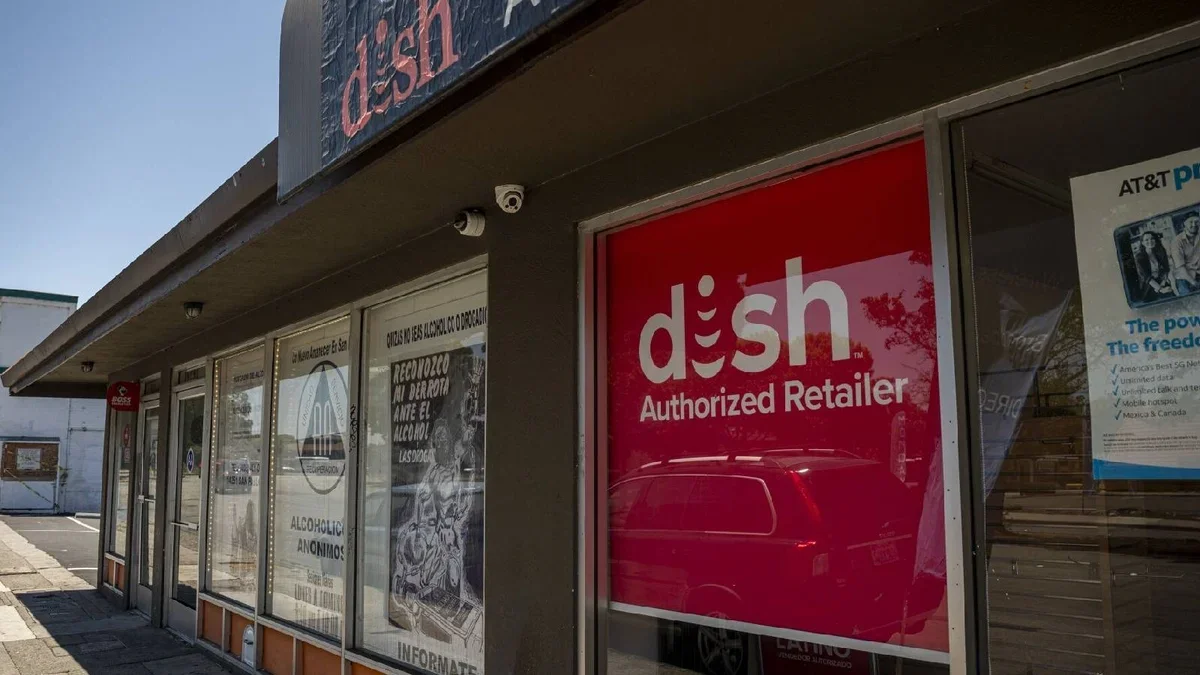
EchoStar-owned DISH stopped being a serious threat to the Big Three (AT&T, T-Mobile, and Verizon) long ago and the sale of UScellular will make it even less relevant.
The Department of Justice (DoJ) aimed for DISH to become the fourth-largest carrier following Sprint's purchase by T-Mobile, but when it greenlit the acquisition of UScellular by T-Mobile recently, it noted that the transaction would make it even harder for a fourth national player to emerge.
When the DoJ announced that it wouldn't stop T-Mobile from acquiring most of the wireless business of UScellular and some of its infrastructure, it also mentioned concerns about the effects of the deal on competition and the further consolidation of spectrum in the hands of the Big Three.
Despite the many concerns it had, the DoJ still gave the transaction the go-ahead because it realized that UScellular wouldn't be able to survive without help from T-Mobile.
The FCC wasn't expected to share the DoJ's concern, according to New Street Research policy analyst Blair Levin, as reported by Light Reading. After all, FCC Chairman Brendan Carr has not expressed any concern about spectrum aggregation during his tenure as chairman.
The FCC is investigating whether EchoStar, which owns DISH, is meeting its federal obligation by building out a 5G network using the spectrum it owns. If the company is found deficient in its commitment, it might be asked to sell its spectrum to the Big Three.
US cable operators, which are shaping up to be a threat to the nation's largest wireless carriers, are unlikely to bid for EchoStar's spectrum, leaving the DoJ no choice but to auction it off to the Big Three.
New Street Research analyst Jonathan Chaplin believes that cable companies, not DISH, should be viewed as the country's fourth mobile operator. Though EchoStar once had a shot at becoming the fourth carrier, it no longer seems possible.
Cable companies like Charter's Spectrum Mobile and Comcast's Xfinity Mobile are outperforming DISH's Boost Mobile and are proving to be disruptors.
They use their Wi-Fi networks and CBRS-based networks to reduce reliance on AT&T, T-Mobile, and Verizon, though they still depend on them to provide service through Mobile Virtual Network Operator (MVNO) agreements. Since they don't have network infrastructure of their own, this setup lets them keep costs in check.
Cable operators provide mobile service to consumers at half the price of Verizon. At the same time, carriers now offer broadband service for less than what cable charges.
EchoStar's chances of survival might start looking up if it signs an MVNO agreement with cable. EchoStar has in the past expressed willingness to do so, but it's not known whether any concrete steps were taken to make this happen.
That said, since EchoStar is in the process of building out its network, this might be difficult to pull off, unless it signs roaming agreements with AT&T and T-Mobile, which they might not agree to.
As things stand, T-Mobile, which is already the largest US wireless carrier, is on its way to becoming even more powerful. This is only going to embolden it to make more unpopular decisions. On the other hand, T-Mobile has the best network in the US and leads in most service metrics, and the purchase of UScellular will allow it to bring better service to consumers in rural areas. Maybe it really is the survival of the fittest.
The Department of Justice (DoJ) aimed for DISH to become the fourth-largest carrier following Sprint's purchase by T-Mobile, but when it greenlit the acquisition of UScellular by T-Mobile recently, it noted that the transaction would make it even harder for a fourth national player to emerge.
Despite the many concerns it had, the DoJ still gave the transaction the go-ahead because it realized that UScellular wouldn't be able to survive without help from T-Mobile.
The deal has also been greenlit by the Federal Communications Commission (FCC), which is hardly surprising given that T-Mobile abandoned its diversity, equity, and inclusion (DEI) programs to get it approved.
The FCC wasn't expected to share the DoJ's concern, according to New Street Research policy analyst Blair Levin, as reported by Light Reading. After all, FCC Chairman Brendan Carr has not expressed any concern about spectrum aggregation during his tenure as chairman.
The FCC is investigating whether EchoStar, which owns DISH, is meeting its federal obligation by building out a 5G network using the spectrum it owns. If the company is found deficient in its commitment, it might be asked to sell its spectrum to the Big Three.
We have been of the view that if Ergen decides [EchoStar] cannot succeed as a fourth network, the DOJ and FCC would allow [EchoStar] to sell its spectrum to the Big Three.
—Blair Levin, New Street Research policy analyst, July 2025
New Street Research analyst Jonathan Chaplin believes that cable companies, not DISH, should be viewed as the country's fourth mobile operator. Though EchoStar once had a shot at becoming the fourth carrier, it no longer seems possible.
We are fairly certain that this FCC will have no issue with EchoStar selling licenses to the three national carriers. We believe Carr actively wants this,
—Jonathan Chaplin, New Street Research analyst, July 2025
Cable operators provide mobile service to consumers at half the price of Verizon. At the same time, carriers now offer broadband service for less than what cable charges.
EchoStar's chances of survival might start looking up if it signs an MVNO agreement with cable. EchoStar has in the past expressed willingness to do so, but it's not known whether any concrete steps were taken to make this happen.
That said, since EchoStar is in the process of building out its network, this might be difficult to pull off, unless it signs roaming agreements with AT&T and T-Mobile, which they might not agree to.
Follow us on Google News

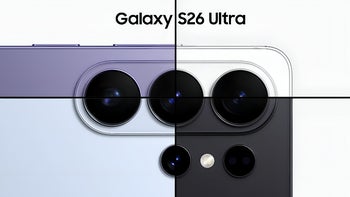
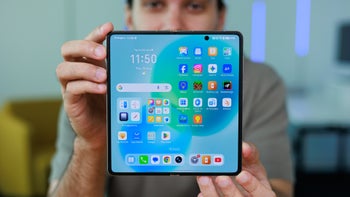
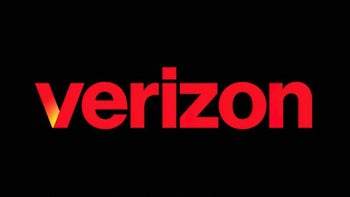
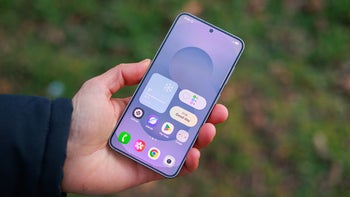
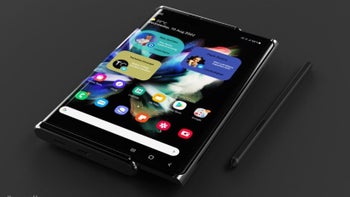
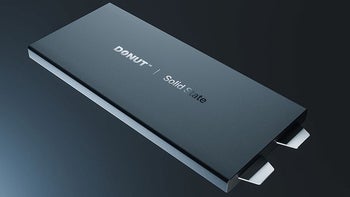
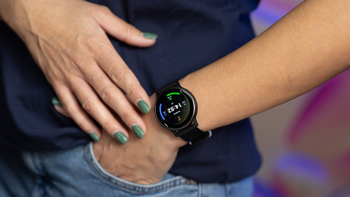
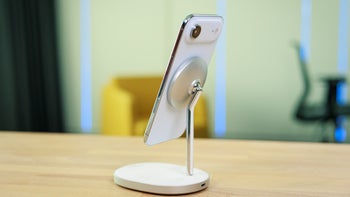

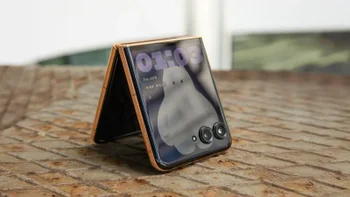

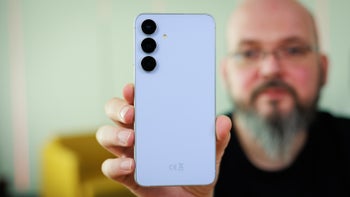
Things that are NOT allowed:
To help keep our community safe and free from spam, we apply temporary limits to newly created accounts: